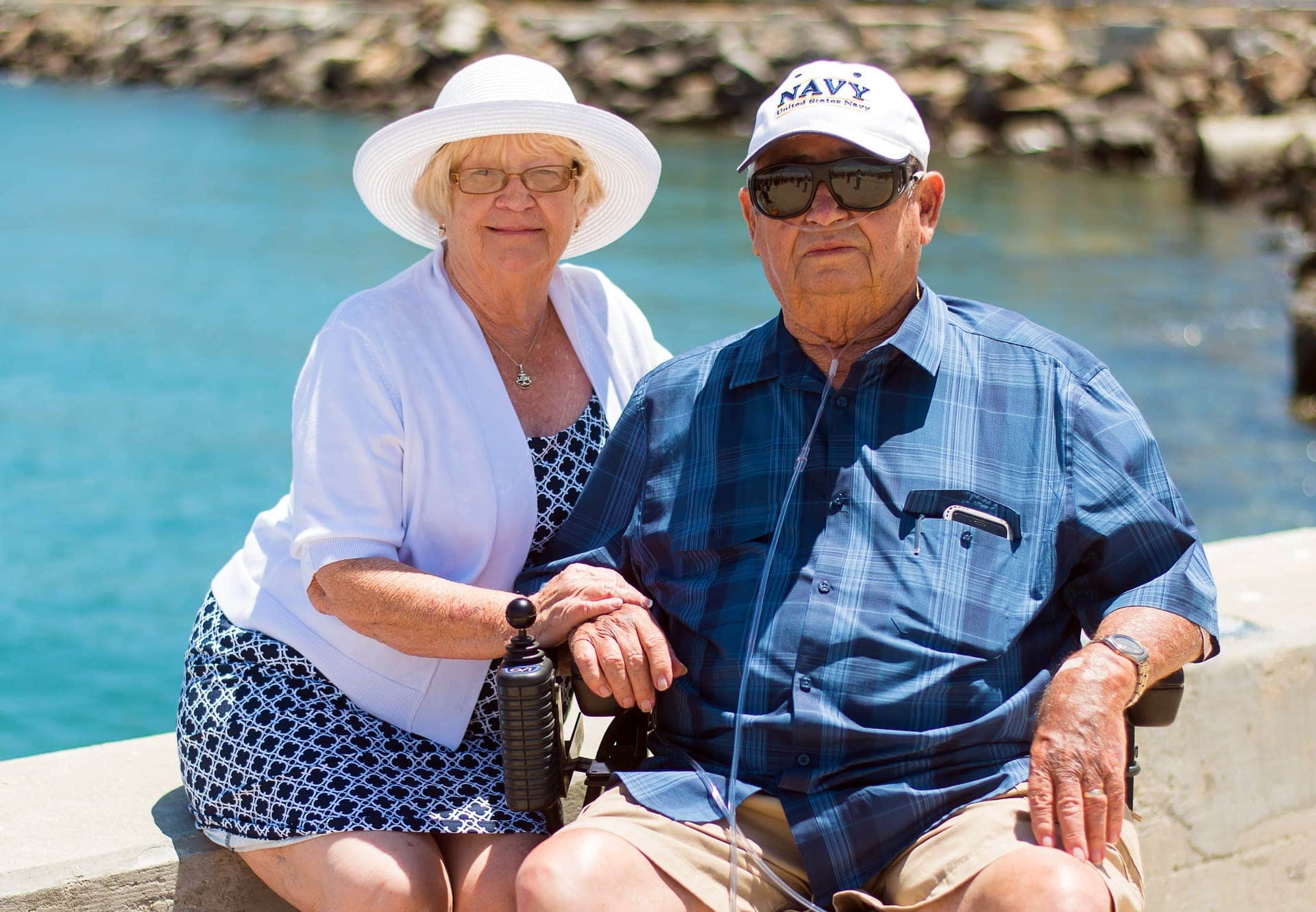Having the conversation with aging parents that it’s time to put a precautionary advanced healthcare directive in place can feel unsettling, even a little scary. Fear and anxiety about diminishing health and end-of-life issues rank among the primary reasons that families procrastinate. In order to overcome personal anxiety, it may be better to think about crafting an advanced directive as an act of love and kindness.
Well-thought-out estate plans include advanced directives that give designated family members the ability to make crucial decisions when a valued elder cannot. While critical healthcare issues can surface at any age, retired parents and grandparents are at a higher risk of suffering a debilitating health condition that requires your decision-making powers. With an advanced directive for healthcare in place, you will be able to provide prompt support.
Importance of an Advanced Directive for Healthcare
In the simplest of terms, an advanced directive for healthcare is a legally-binding set of documents that allow people the ability to have their wishes fulfilled. There’s little doubt that we live with a level of uncertainty about the future. Car collisions, sudden severe illnesses, and conditions such as strokes, heart attacks, or cognitive disorders such as dementia incapacitate good people in our community.
When these or other unanticipated health and wellness issues occur, everyday people often rely on their trusted family members to work with doctors and other professionals on their behalf. It’s not uncommon for even the closest sons, daughters, and siblings to have vastly different philosophies about long-term care and end-of-life decisions. This often leads to people close to you asking healthcare professionals to move forward in ways you might not wish.
The other side of the coin is that by not having a legal document in place, family members are forced to make decisions that could leave them feeling guilty. Advanced directives remove doubt and allow your loved ones to move forward with an open heart. There are two important facets to an advanced directive that an experienced attorney can create for your aging parents and loved ones. These are the Power of Attorney and Living Will.
How Power of Attorney Works
A medical power of attorney transfers decision-making power to a designated family member or loved one in the event someone is rendered incapable. It’s important to enlist the help of an experienced attorney who can walk you through the critical steps. One of the primary issues is thinking through the criteria for selecting the empowered person. These are important items to consider.
- The designee meets state guidelines
- The designee is not one of your health providers
- They can openly discuss critical health issues and end-of-life decisions
- The person be trusted to follow through on your specific wishes
- Is willing to stay the course when other loved ones may disagree
In many cases, a spouse or family member takes on the responsibility. When someone within your family is not able, it’s not uncommon to select a viable alternative party. When the power of attorney is completed, this person will have the force of law to make healthcare decisions on your behalf. The other critical element is crafting a Living Will that clearly articulates the wishes of aging parents.
How a Living Will Works
While a power of attorney delivers the force of law to make decisions, a thoughtful living will provides the underlying details about your aging parent’s wishes. An experienced will and trust attorney can help you craft a document that supports your values. These rank among the salient questions to consider when working through the living will process with an attorney.
- Do you want to be resuscitated after your body ceases to function?
- Do you wish to be kept alive through mechanical ventilation?
- Do you wish to be kept alive by tube feeding?
- How long would you want to remain on dialysis after your kidneys fail?
- Do you want pain managed with potentially addictive opioids?
- Do you wish to spend your final days at home?
- Would you like to donate your organs?
- Would you like to donate your body to a scientific or academic institution?
The living will element of your advanced directive for healthcare decisions is particularly crucial for aging parents and loved ones who want do not resuscitate (DNR) and do not intubate (DNI) orders. These specific instructions can be delivered to doctors and placed in your healthcare file.
A Trusted Advanced Directives For Healthcare Attorney
If you are
considering an advance directive for healthcare decision-making, the best time
to draw up these legally-binding documents was yesterday is now. We all
live in an uncertain world, and tragedy could unexpectedly befall us at any
time. Having the documents in place to carry out your unique wishes relieves
loved ones of a heavy responsibility. It also ensures that aging parents and
loved ones live out their final days with the dignity they deserve. At Atlanta
Wills + Trusts Law Group by Refeca Law LLC, we work diligently to deliver the
compassionate advanced directive your aging parents and loved ones deserve. We
urge you to call our law firm today and schedule a consultation.
Contact Us Today
Additional Information For Your Reading
https://www.mayoclinic.org/healthy-lifestyle/consumer-health/in-depth/living-wills/art-20046303
https://www.augustahealth.com/health-focused/what-are-advance-directives-and-why-are-they-important

